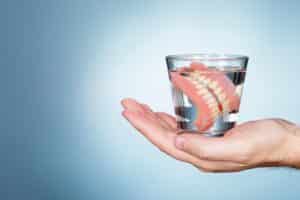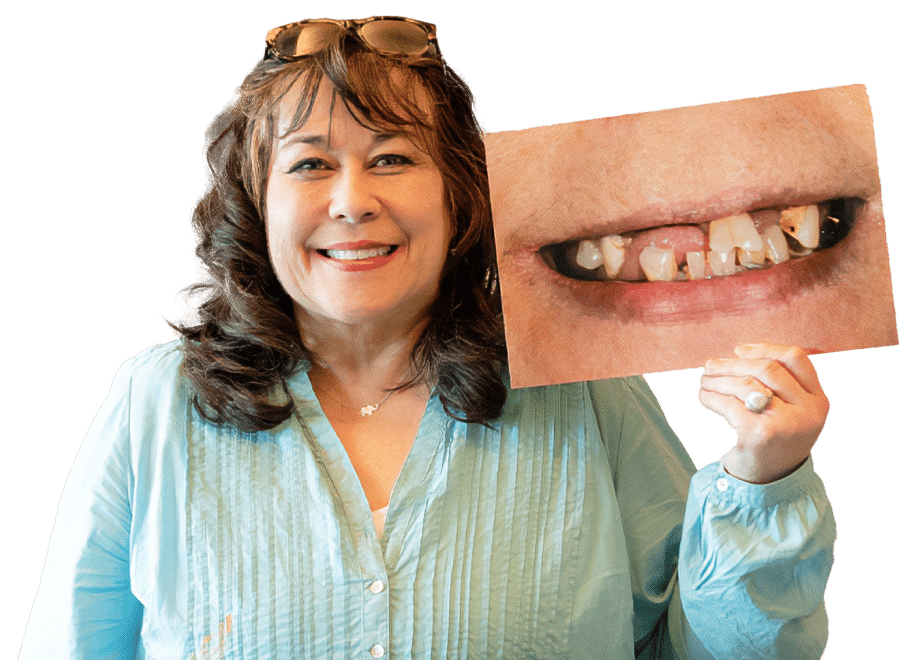As the New Orleans Saints prepare for the Super Bowl, their oral appliance usage is getting much deserved press. Dr Timmerman is proud to offer the Makkar PPM to people that want to bring their “A game” everytime, from the golfer to the martial artist, or from the skier to the bowler.
http://www.theglobeandmail.com/life/health/how-does-a-performance-mouthpiece-improve-my-game/article1447242/
Alex Hutchinson
THE QUESTION
How does a performance mouthpiece improve my game?
THE ANSWER
One guy who would not have benefited from a mouthpiece is Michael Jordan.
“When he went up for a dunk, he’d stick his tongue out,” says Anil Makkar, the Truro, N.S., dentist whose Makkar Pure Power Mouthpiece has become a must-have accessory for professional athletes in a variety of sports.
Sticking your tongue out, it turns out, lowers your jaw and brings it forward into a relaxed position. Most of us, in contrast, clench our teeth with effort – and that’s why we’d benefit from a mouthpiece that keeps the jaw and facial muscles relaxed, Dr. Makkar says.
Star athletes ranging from Shaquille O’Neal to Terrell Owens have publicly testified to the performance-boosting powers of Dr. Makkar’s $2,000 mouthpiece (entry-level models cost $600). Meanwhile, Baltimore-based Under Armour launches its own mouthpiece in Canada this week, boasting a client list that already includes several dozen Winter Olympians and almost 100 NHL players, including Alexander Ovechkin. Before you invest, though, it’s worth looking into the research behind the bold claims – because not all “scientific proof” is created equal.
The idea that the position of your jaw can affect the rest of your body stretches back at least to ancient Greek athletes and Roman warriors biting down on leather straps; wounded U.S. Civil War soldiers “bit the bullet” to deal with pain. These days, top sprinters strive to relax their face – as you can see from their jiggling cheeks in slow-motion replays.
Nobody really knows why this should work. Clenched teeth may stimulate excessive production of the stress hormone cortisol, or a misaligned temperomandibular joint – the connection between the lower jaw and the skull – may constrict airways or interfere with nerve signals travelling from the brain to the rest of the body. And there are other theories. Whatever the mechanism, Dr. Makkar reports immediate improvements in posture, flexibility, balance and strength, and notes that its users report increased endurance and faster recovery. Under Armour makes similar claims, and adds faster reaction time.
On closer examination, however, much of Under Armour’s research is deeply flawed. For example, a series of 2008 studies by Dena Garner at the Citadel, a military college in South Carolina, compares subjects with mouthpieces to subjects with nothing in their mouths, taking no account of the placebo effect.
The results are interpreted rather generously. What’s described as “a definite trend for lower cortisol” turns out to mean that cortisol levels dropped in only 11 of the 21 cyclists in the study – barely more than half. A follow-up study of runners in 2009 also failed to find any statistically significant change in cortisol.
In comparison, the details of a study Dr. Makkar commissioned at Rutgers University suggest the mouthpiece could make a difference. Shawn Arent, a professor in the department of exercise science, tested 22 collegiate and professional athletes in a double-blinded study, all from contact sports where mouthpieces are already used to protect teeth. Each subject was fitted for a standard mouthguard and for one optimized with Dr. Makkar’s hour-long proprietary technique, and neither the athletes nor the researchers knew which one they were wearing.
The researchers observed small but statistically significant improvements in vertical jump, in peak power produced in a 30-second cycling test, and in the average and peak powers produced during a sequence of 10-second bursts of cycling. The only test that didn’t produce a significant change was the number of body-weight bench presses.
“My sense is that it’s real and it could be important, for some sports more than others,” says Dr. Arent, who has submitted the results to the Journal of Strength and Conditioning Research. “But seriously, I was surprised by the effect.”
So do these results apply to all “performance mouthpieces,” or just to the Makkar PPM? We simply don’t know, because none of the competitors have invested in proper research. Dr. Makkar, meanwhile, is arranging a further study at Ohio State University of performance on a standard test of balance, flexibility and range-of-motion.
Whether recreational athletes will be willing to pay for a potential power boost of a few per cent – the range suggested by Dr. Arent’s study – remains to be seen. But those who do would be smart to stick with devices that are backed by high-quality research.
Alex Hutchinson blogs about research on exercise and athletic performance at www.SweatScience.com.



